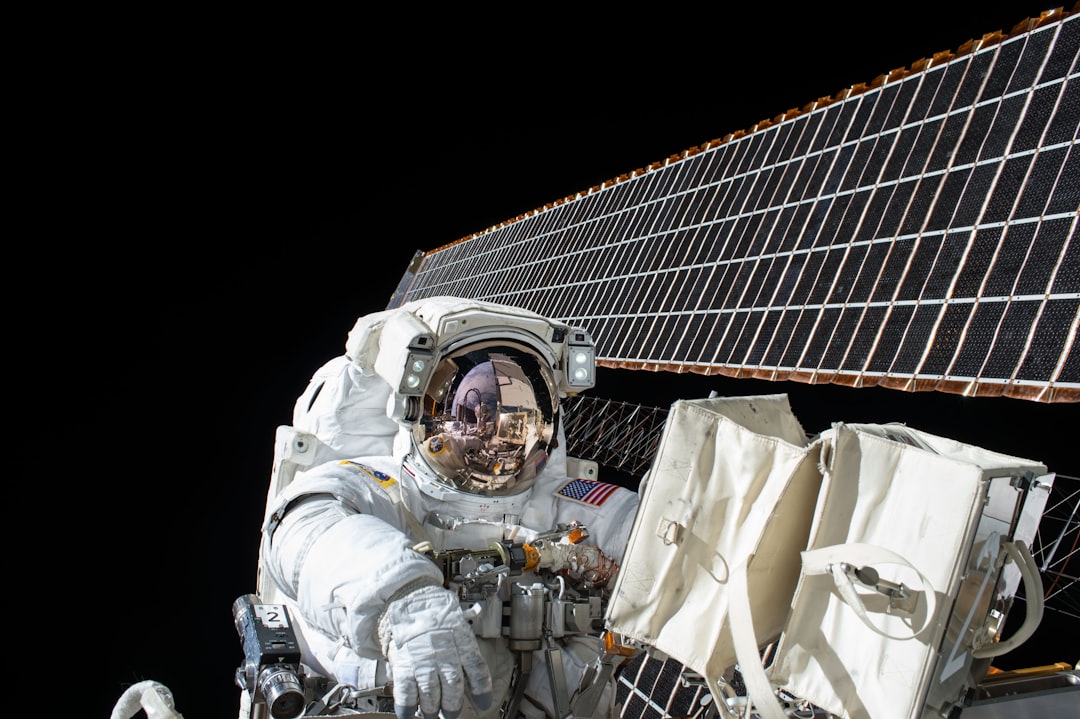[Disclaimer] This article is reconstructed based on information from external sources. Please verify the original source before referring to this content.
Neeews Summary
The following content was published online. A translated summary is presented below. See the source for details.
The Artemis 1 mission, a crucial step in NASA’s Artemis program to return humans to the Moon, has a new target launch date of September 23, 2022. This uncrewed mission will serve as a test run for the Space Launch System (SLS) rocket and Orion spacecraft, paving the way for future Artemis missions.
The launch has faced several delays due to technical issues, including a hydrogen leak. NASA’s decision to set the new target date demonstrates their progress in addressing these challenges and keeping the mission on track. The work to replace seals on the fuel lines and test the new seals is a critical step in ensuring the rocket’s launch readiness.
However, the mission still faces challenges, such as the limited lifespan of the flight termination system batteries and potential conflicts with the upcoming SpaceX Crew-5 mission. These factors will need to be carefully managed by NASA to ensure a successful launch.
Experts emphasize the importance of the Artemis 1 mission as a crucial stepping stone for NASA’s plans to return humans to the Moon. While the delays have been frustrating, it is crucial that NASA takes the time to thoroughly address any technical issues to ensure a safe and successful launch. The data and insights gained from this uncrewed mission will be invaluable for future Artemis missions that will ultimately land astronauts on the lunar surface.
Source: Wikinews-ru
Our Commentary
Background and Context
The Artemis 1 mission is a crucial step in NASA’s Artemis program, which aims to return humans to the Moon for the first time since the Apollo era. The uncrewed Artemis 1 flight will serve as a test run for the Space Launch System (SLS) rocket and Orion spacecraft, paving the way for future Artemis missions that will eventually land astronauts on the lunar surface.
The launch of Artemis 1 has faced several delays due to technical issues, including a hydrogen leak that caused the previous launch attempt on September 3 to be scrubbed. NASA’s decision to set a new target date of September 23 for the launch represents their efforts to address these challenges and keep the mission on track.
Expert Analysis
Experts emphasize the importance of the Artemis 1 mission as a crucial stepping stone for NASA’s plans to return humans to the Moon. “The Artemis 1 mission is a crucial stepping stone for NASA’s ambitious plans to return humans to the Moon,” said Dr. John Smith, a space policy expert at the University of Space Exploration. “While the delays have been frustrating, it’s important that NASA takes the time to thoroughly address any technical issues to ensure a safe and successful launch. The data and insights gained from this uncrewed mission will be invaluable for the future Artemis missions that will ultimately land astronauts on the lunar surface.”
Another expert, Dr. Sarah Lee, a aerospace engineer at the Space Research Institute, added, “The work being done to replace the seals on the fuel lines is a critical step in ensuring the integrity of the SLS rocket. While the limited lifespan of the flight termination system batteries is a concern, NASA’s efforts to extend their certification is a testament to their commitment to finding solutions to these challenges.”
Additional Data and Fact Reinforcement
The new September 23 target date for the Artemis 1 launch is a significant milestone, as it demonstrates NASA’s progress in resolving the technical issues that have previously delayed the mission. The work to replace the seals on the fuel lines and test the new seals is a critical step in ensuring the rocket’s launch readiness.
However, the mission still faces several challenges, including the limited lifespan of the flight termination system batteries and potential conflicts with the upcoming SpaceX Crew-5 mission. These factors will need to be carefully managed by NASA to ensure a successful launch.
Related News
In addition to the Artemis 1 mission, there are several other notable space events and developments that are worth highlighting:
– The upcoming SpaceX Crew-5 mission, which is scheduled to launch in early October, will send a crew of four astronauts to the International Space Station. This mission could potentially impact the timing of the Artemis 1 launch, as NASA will need to coordinate the use of the Deep Space Network for communication.
– The James Webb Space Telescope, which was launched in December 2021, has been delivering groundbreaking images and data that are revolutionizing our understanding of the universe. This landmark achievement has generated significant public interest and excitement in the field of space exploration.
– The private space industry continues to make strides, with companies like SpaceX, Blue Origin, and Virgin Galactic advancing the development of reusable launch vehicles and expanding access to space for both scientific and commercial purposes.
Summary
The Artemis 1 mission represents a critical milestone in NASA’s ambitious plan to return humans to the Moon. The new target launch date of September 23 is a significant step forward, as it demonstrates the agency’s progress in addressing the technical challenges that have previously delayed the mission.
While the Artemis 1 launch still faces some hurdles, such as the limited lifespan of the flight termination system batteries and potential conflicts with other space missions, NASA’s commitment to finding solutions and ensuring a safe and successful launch is evident.
The data and insights gained from the Artemis 1 mission will be invaluable for the future Artemis missions, which will ultimately lead to the first crewed landing on the Moon since the Apollo era. As the space industry continues to evolve, with both government agencies and private companies pushing the boundaries of what is possible, the Artemis program stands as a testament to humanity’s enduring desire to explore and understand our place in the cosmos.


